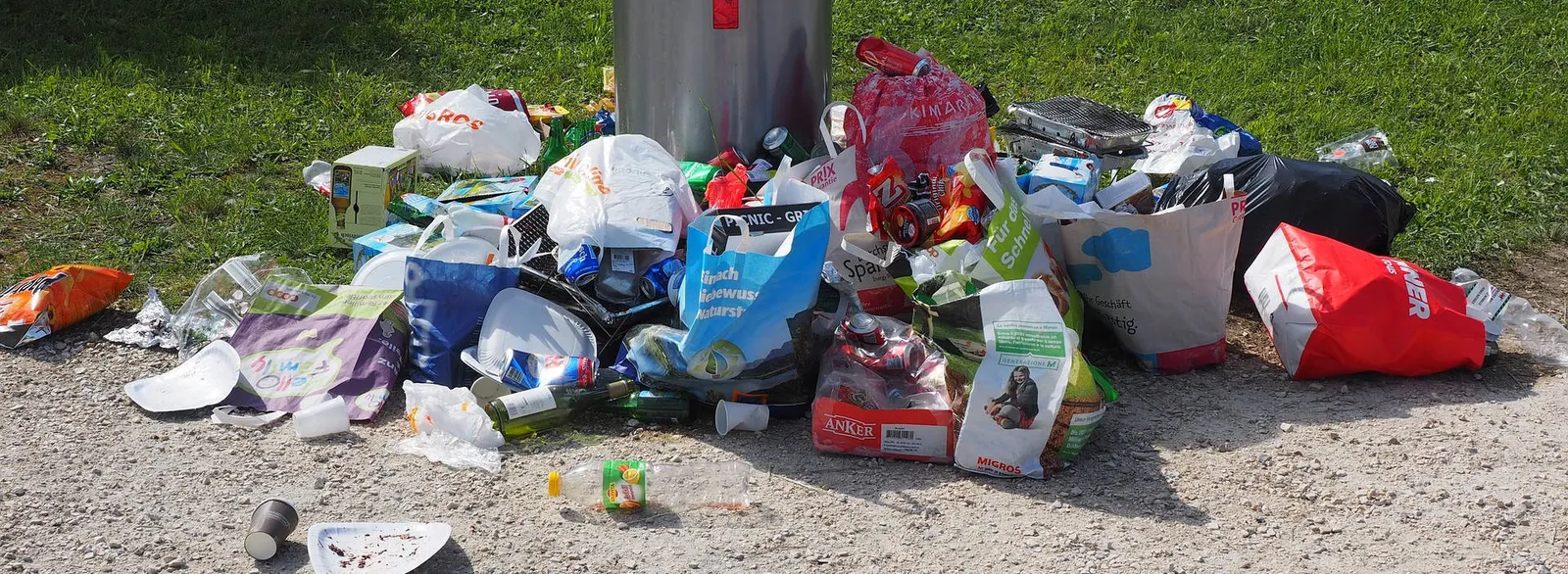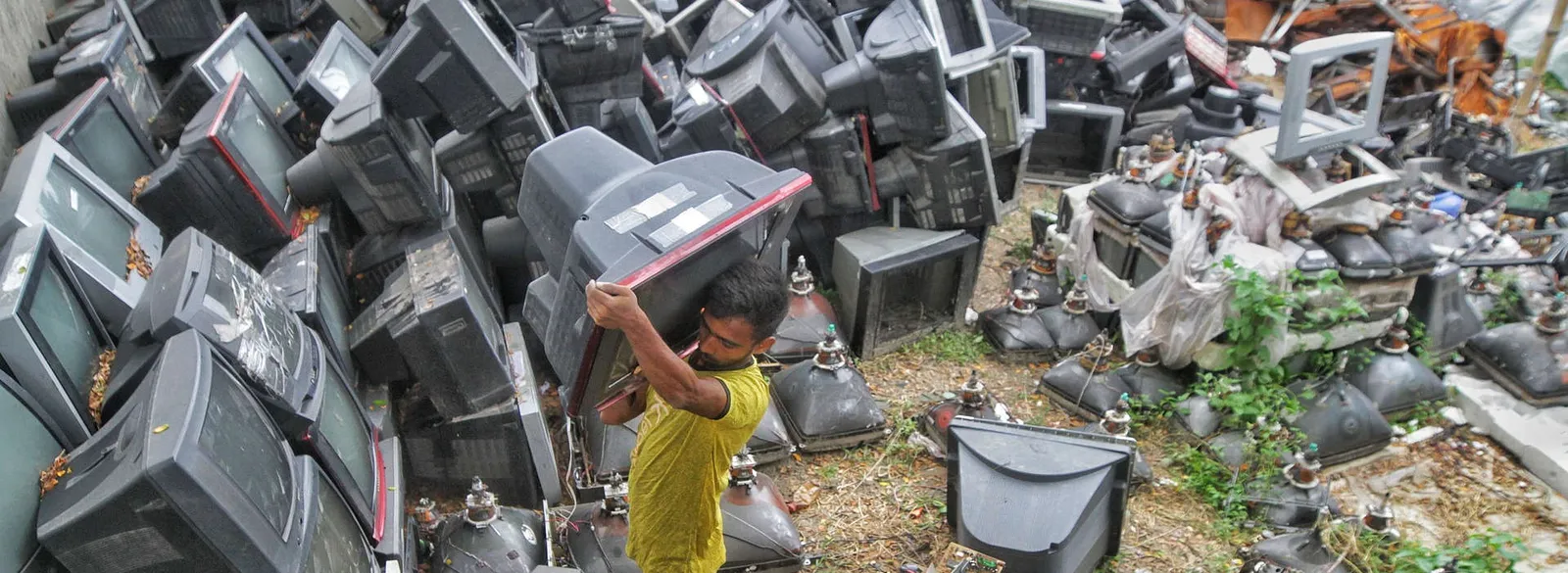If you are interested in ecology and recycling - sign up for our newsletter
What is Greenwashing?
Greenwashing is a marketing strategy aimed at creating a false impression that a product, service, or entire company is more environmentally friendly than it actually is. This phenomenon is common in various industries, from food and cosmetics to energy and clothing. Greenwashing involves manipulating information, using vague terms and ecological symbols without basis in reality, and hiding actual environmentally harmful activities.
Examples of Greenwashing:
Hidden Actions: Companies promote their products as eco-friendly while omitting harmful production stages. An example could be a company advertising its packaging as biodegradable while the product itself is highly toxic.
Lack of Evidence: Brands often claim their products are eco-friendly without providing any certifications or independent research to support these claims. Consumers find it difficult to verify such assertions.
Vague Terms: Using terms like "natural" or "green" without specific explanations of what they mean. An example could be a label saying "natural juice" while the product contains artificial additives.
Irrelevance: Informing about features that don't matter, e.g., "CFC-free" on products that by law cannot contain CFCs.
Lies: Direct deception, e.g., claiming a product is organic while it does not meet such standards.
Lesser Evil: Promoting products as less harmful compared to others, though they are still harmful, e.g., organic cigarettes.
How to recognize Greenwashing?
To effectively recognize greenwashing, it’s important to pay attention to several key aspects:
1. Verify Eco-Certifications:
Check if the product has recognized eco-certifications such as the EU Ecolabel, Fair Trade, or USDA Organic. These certifications are issued by independent organizations and guarantee compliance with specific standards.
2. Pay Attention to Terminology:
Be skeptical of vague terms like "natural," "green," or "eco-friendly." Ensure that the producer clearly defines what these terms mean in the context of the specific product.
3. Look for Evidence:
Search for detailed information about the ingredients, production processes, and actions taken by the company to protect the environment. Transparent companies usually readily share such information.
4. Analyze the Company’s Overall Practices:
Consider the company’s overall environmental policy. If a company promotes a single product as eco-friendly but engages in other highly harmful environmental practices, there is a high likelihood of greenwashing.
5. Educate Yourself:
Regularly expand your knowledge of ecological standards and practices. An informed consumer is less susceptible to marketing manipulations.
Practical Tips on How to Avoid Greenwashing
1. Research Brands:
Before making a purchase, conduct a brief research on the brand. Read reviews, check websites, and look for information on the company's environmental policies.
2. Look for Transparency:
Choose brands that are open about their practices and regularly publish reports on their environmental impact. Transparency is key.
3. Use Apps:
Utilize mobile apps and websites that help assess the eco-friendliness of products. These tools can provide detailed information and ratings on a variety of products.
4. Support Local and Smaller Companies:
Often, local and smaller companies are more committed to sustainable practices because their operations are more visible in local communities. By buying locally, you also support the local economy.
5. Pay Attention to Packaging:
Analyze the materials used for product packaging. Companies that truly care about the environment typically use recyclable or compostable packaging.
6. Ask Questions:
Don't be afraid to ask manufacturers about the details of their products. Companies that genuinely care about the environment will be happy to answer your questions and provide all necessary information.
Summary
Greenwashing is a serious problem that can mislead consumers and harm the environment. To avoid it, one must be a conscious and well-informed consumer who can critically assess the information presented by companies. With knowledge about greenwashing, we can make more informed choices, support genuinely eco-friendly initiatives, and contribute to the protection of our planet.






